


Books in series

The Chinese in Vancouver, 1945-80
The Pursuit of Identity and Power
1999

Chinese Democracy after Tiananmen
2001

Scars of War
The Impact of Warfare on Modern China
2001

Gender and Change in Hong Kong
Globalization, Postcolonialism, and Chinese Patriarchy
2003

Obedient Autonomy
Chinese Intellectuals and the Achievement of Orderly Life
2004

Tibet and Nationalist China's Frontier
Intrigues and Ethnopolitics, 1928-49
2006

Teachers' Schools and the Making of the Modern Chinese Nation-State, 1897-1937
2007

Resisting Manchukuo
Chinese Women Writers and the Japanese Occupation
2007

The Chinese State at the Borders
2007

The New Silk Road Diplomacy
China's Central Asian Foreign Policy since the Cold War
2009

Art in Turmoil
The Chinese Cultural Revolution, 1966-76
2010

Smokeless Sugar
The Death of a Provincial Bureaucrat and the Construction of China's National Economy
2010

Beyond Suffering
Recounting War in Modern China
2011

A School in Every Village
Educational Reform in a Northeast China County, 1904-31
2011

Merry Laughter and Angry Curses
The Shanghai Tabloid Press, 1897-1911
2012

Intoxicating Manchuria
Alcohol, Opium, and Culture in China's Northeast
2012

Chieftains into Ancestors
Imperial Expansion and Indigenous Society in Southwest China
2013
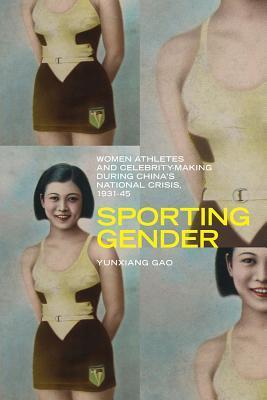
Sporting Gender
Women Athletes and Celebrity-Making during China's National Crisis, 1931-45
2013
Diasporic Chineseness After the Rise of China
Communities and Cultural Production
2013
The Making of Modern Chinese Medicine, 1850-1960
2014

Cultivating Connections
The Making of Chinese Prairie Canada
2014

Staging Corruption
Chinese Television and Politics
2014

The Business of Culture
Cultural Entrepreneurs in China and Southeast Asia, 1900-65
2014
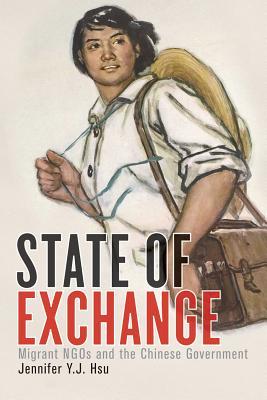
State of Exchange
Migrant NGOs and the Chinese Government
2017

Banished to the Great Northern Wilderness
Political Exile and Re-education in Mao’s China
2017
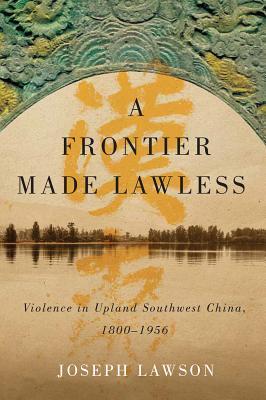
A Frontier Made Lawless
Violence in Upland Southwest China, 1800-1956
2017
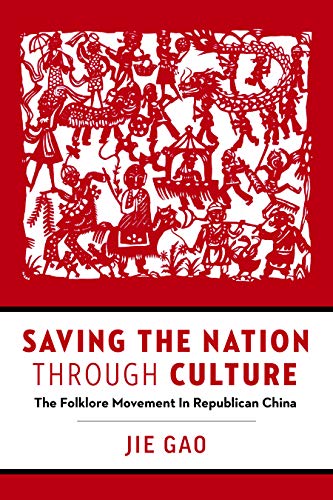
Saving the Nation through Culture
The Folklore Movement in Republican China
2019
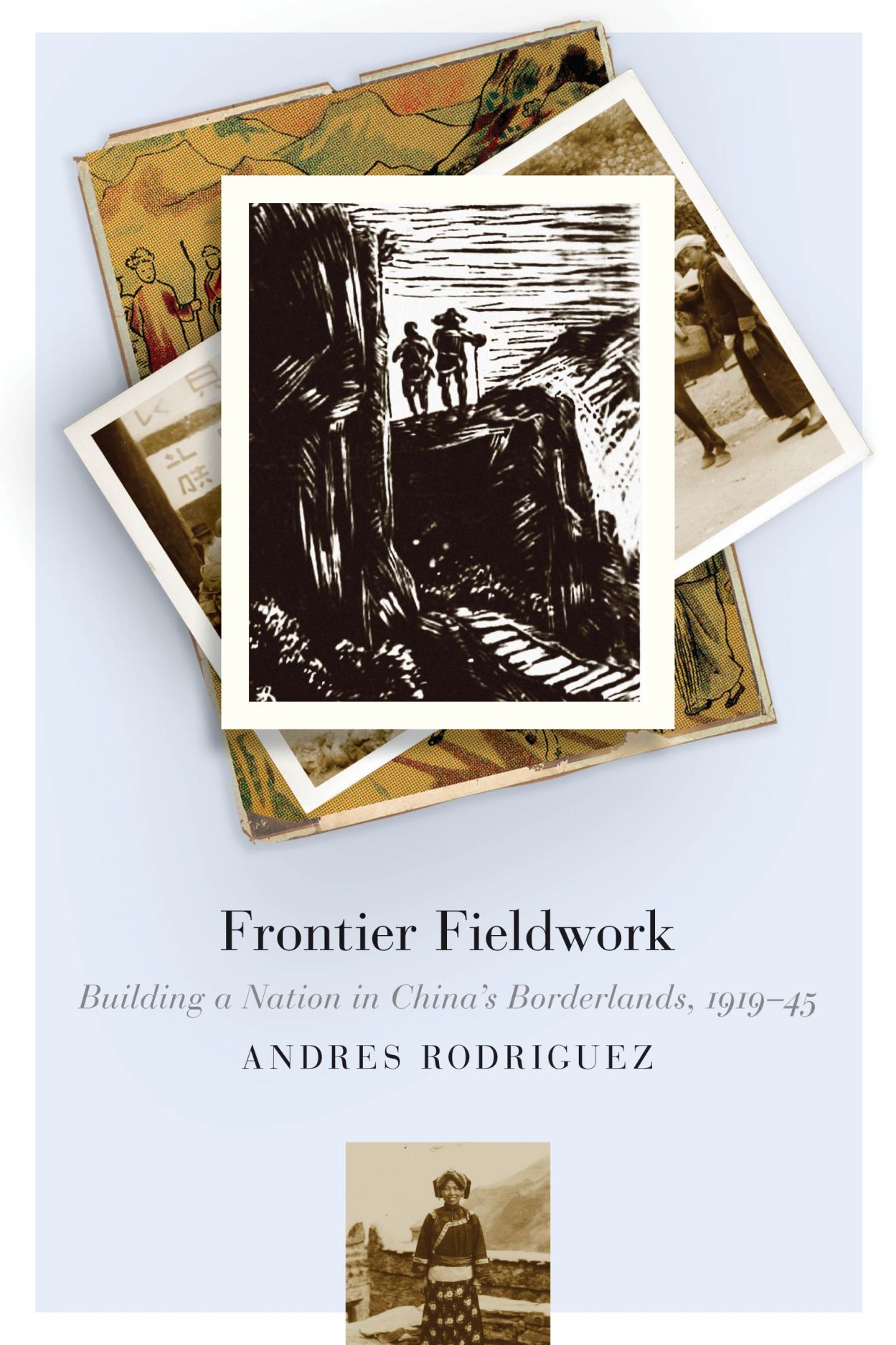
Frontier Fieldwork
Building a Nation in China’s Borderlands, 1919–45
2022